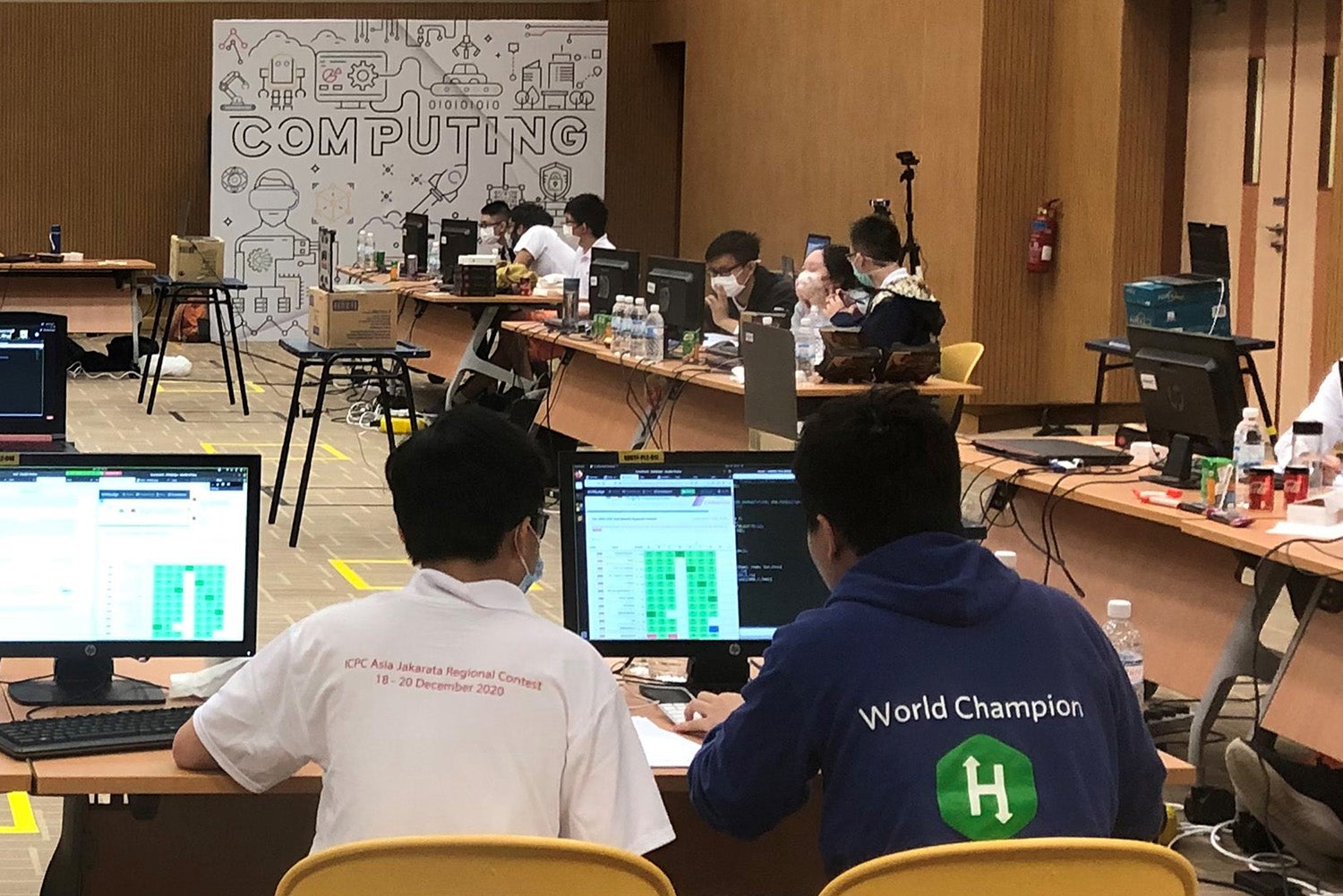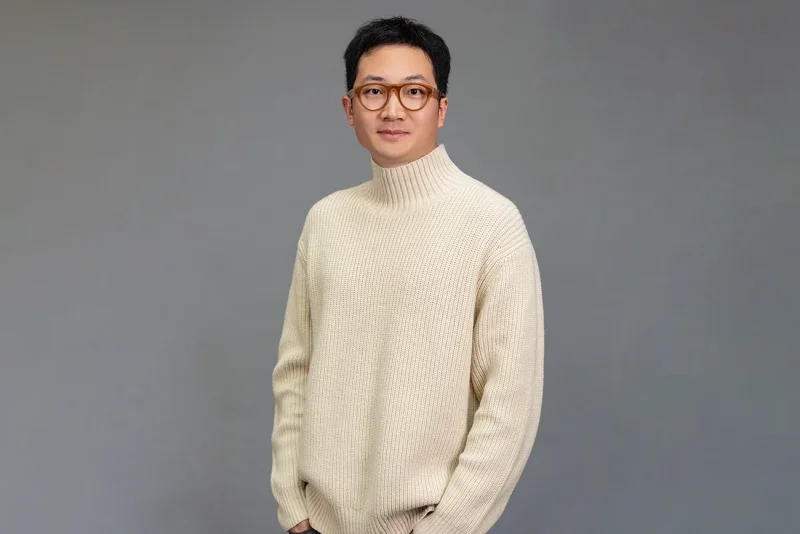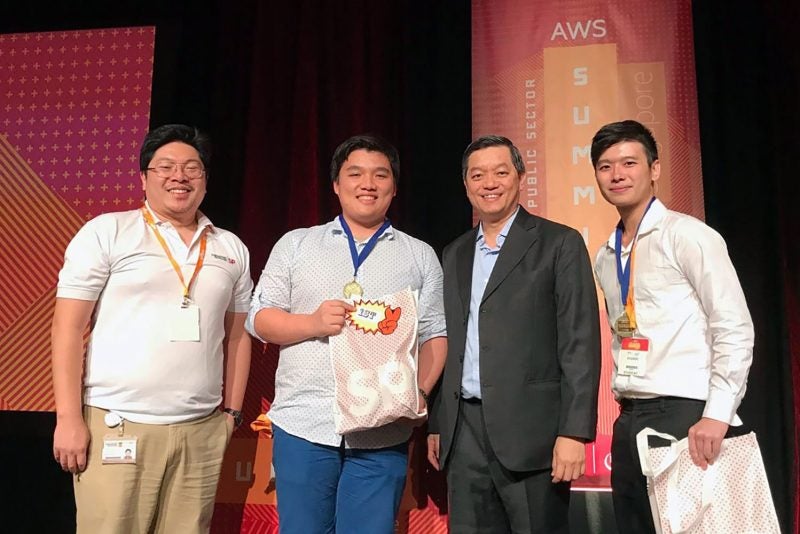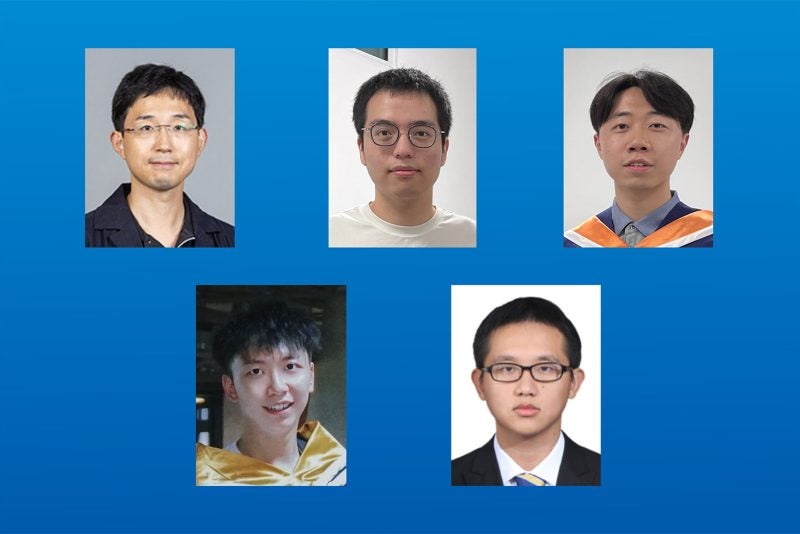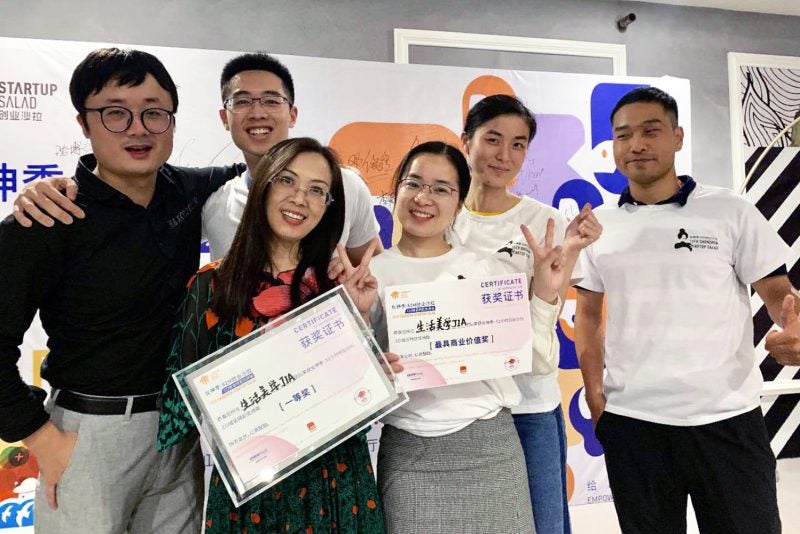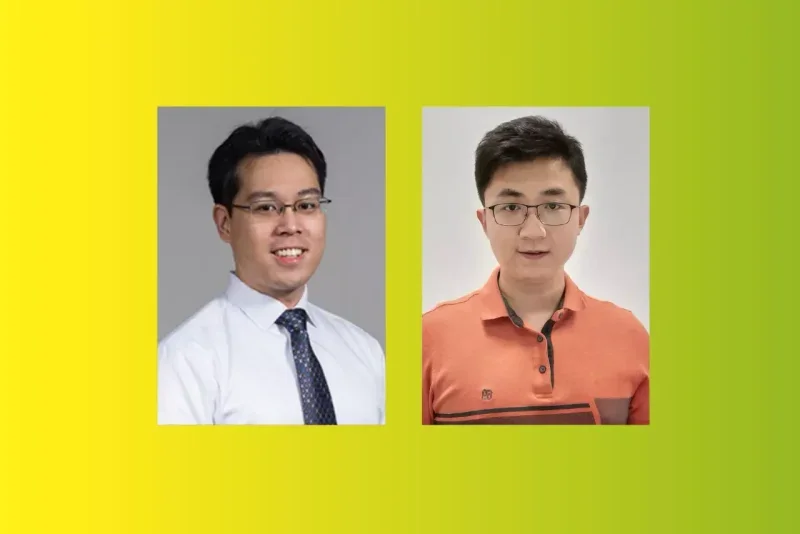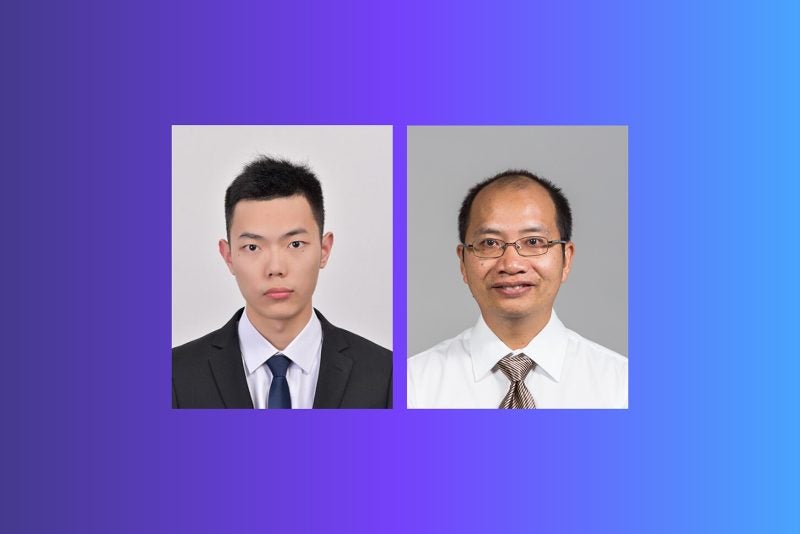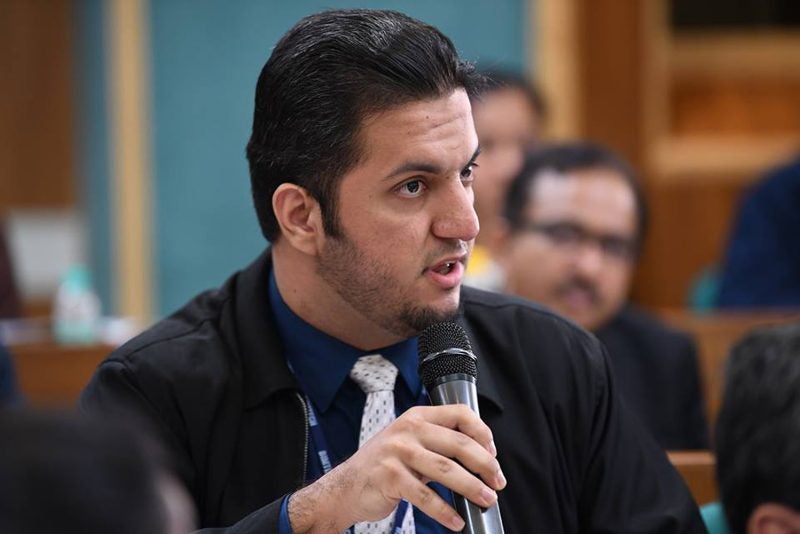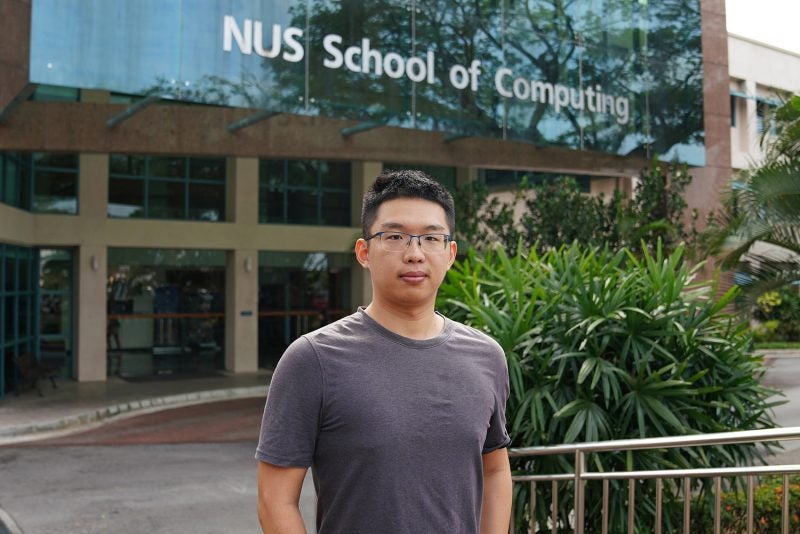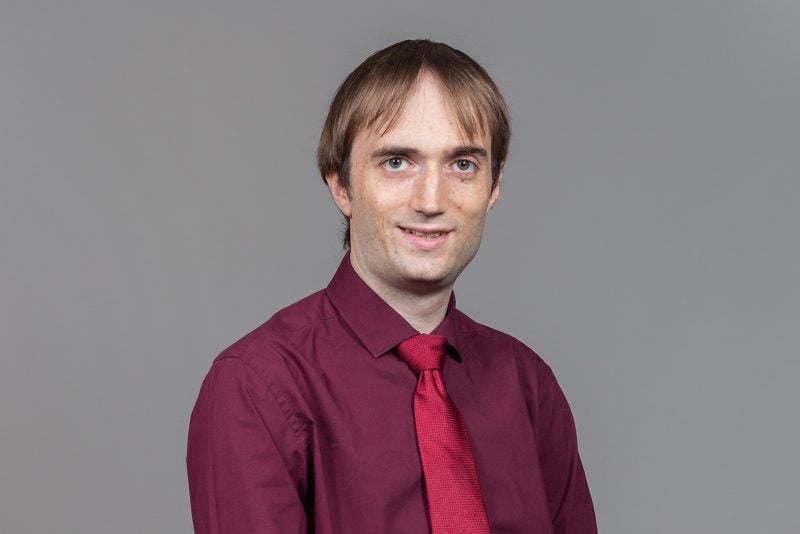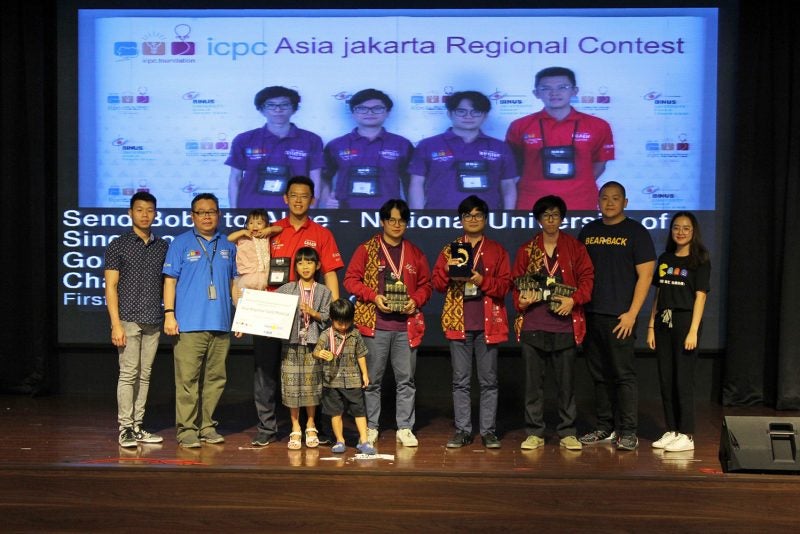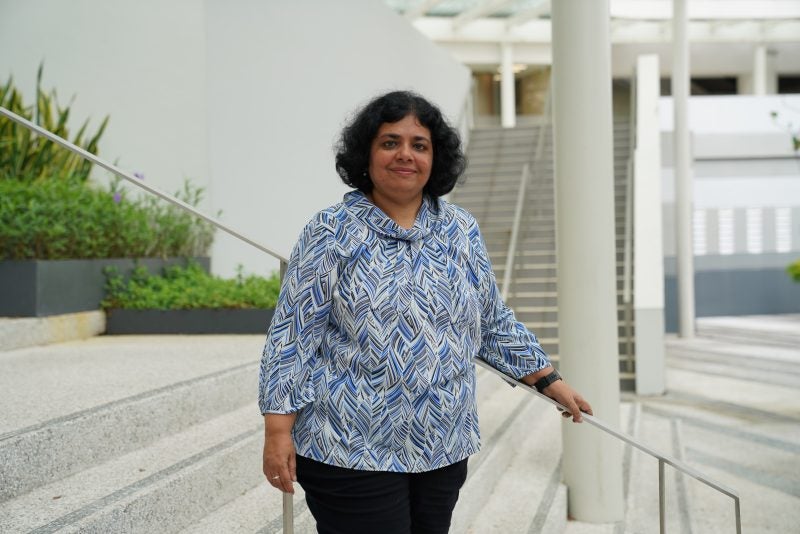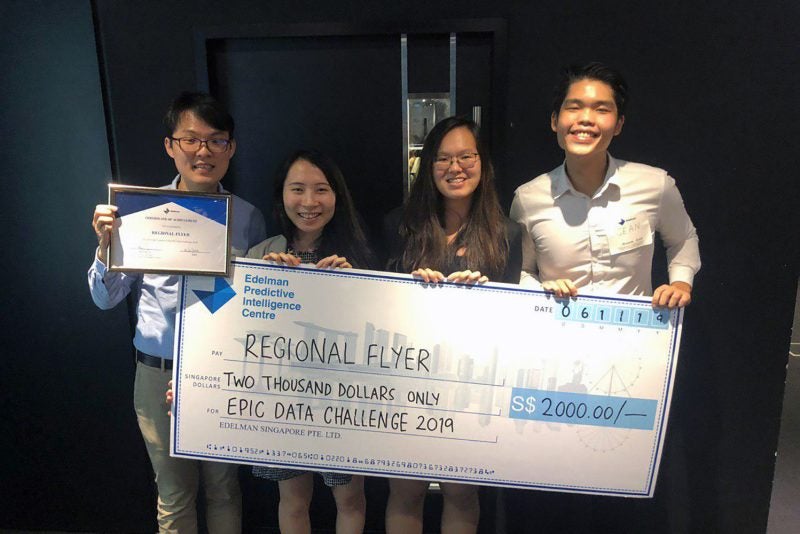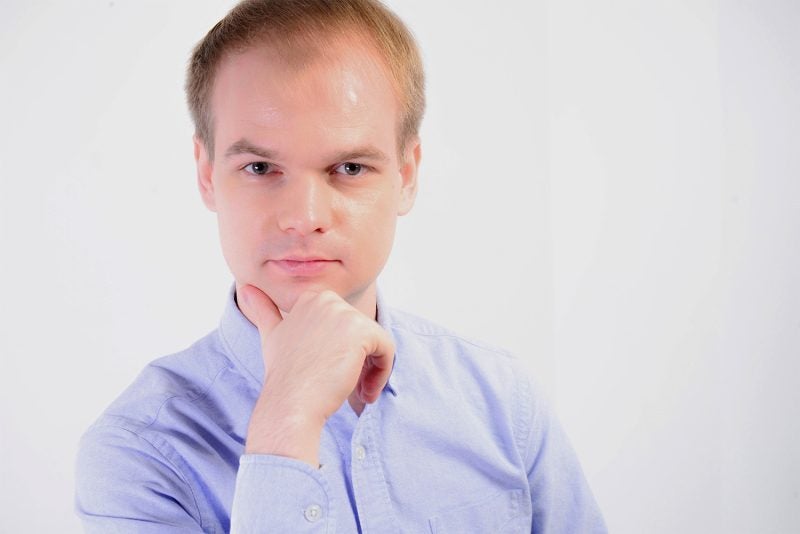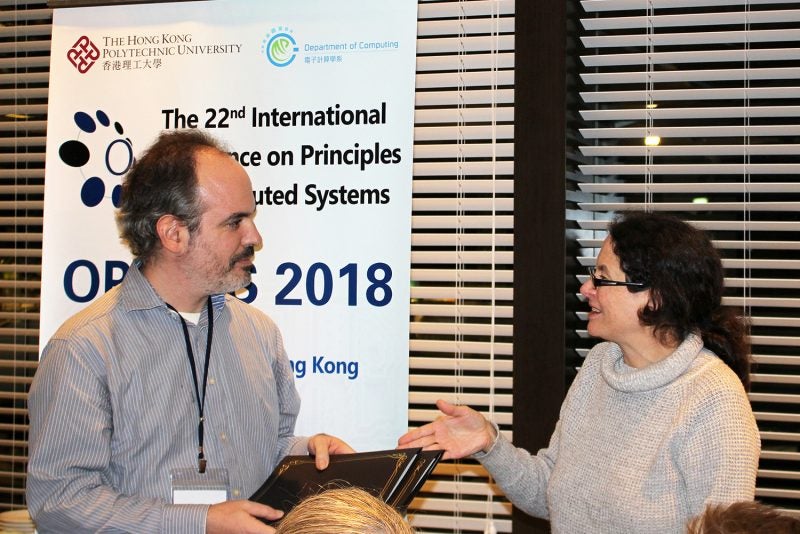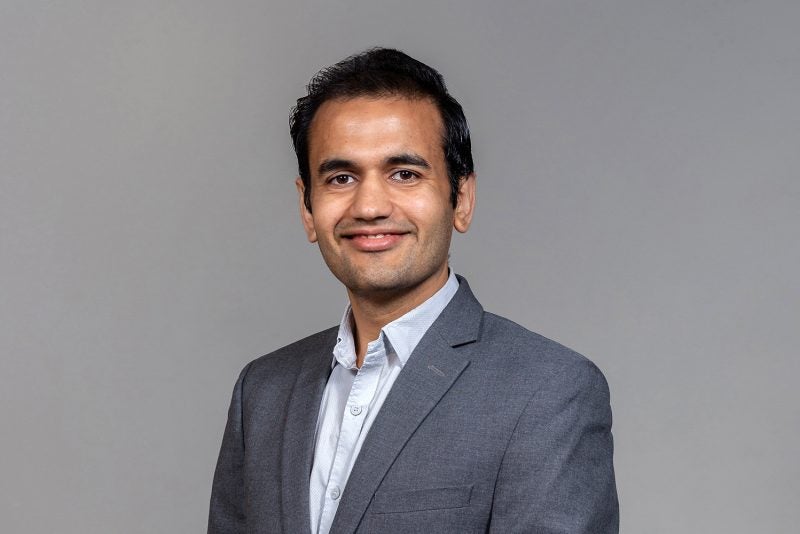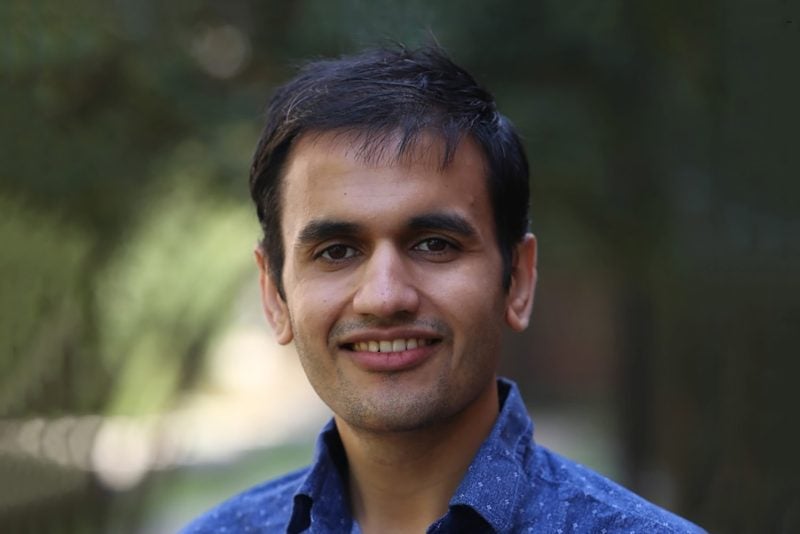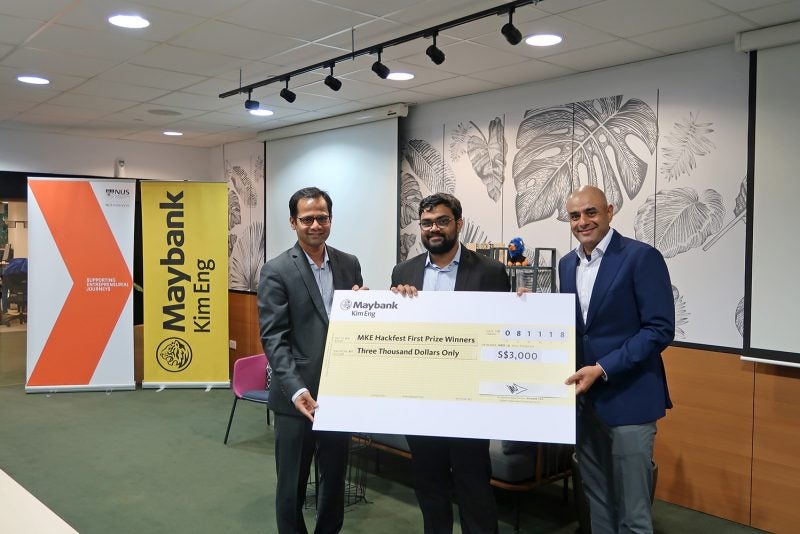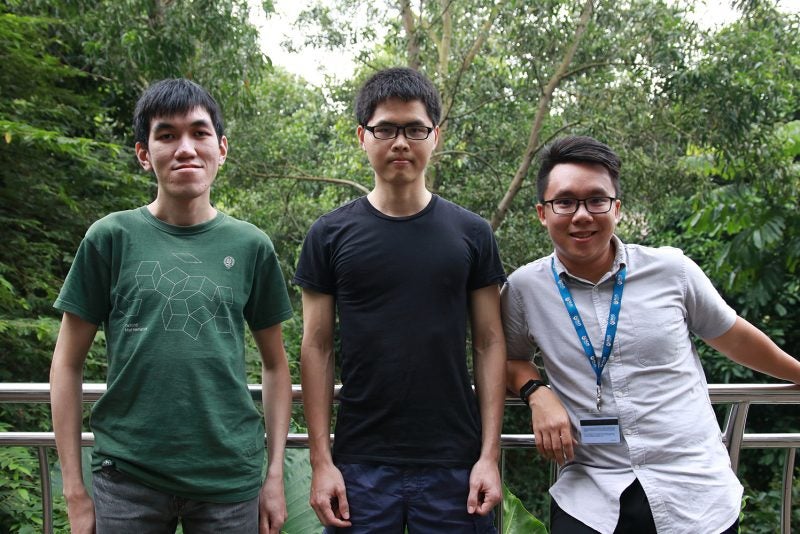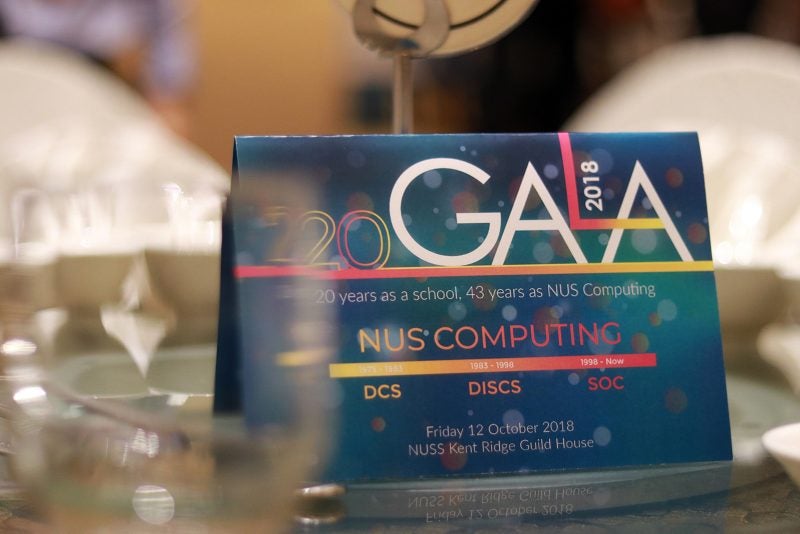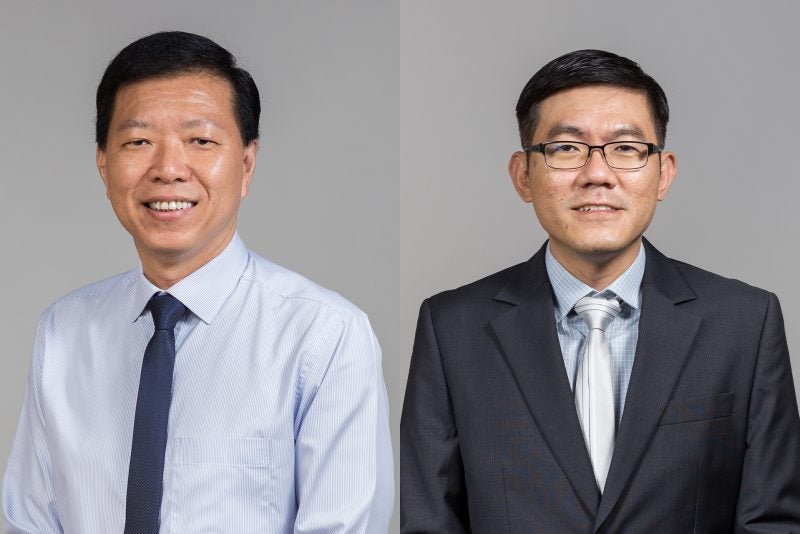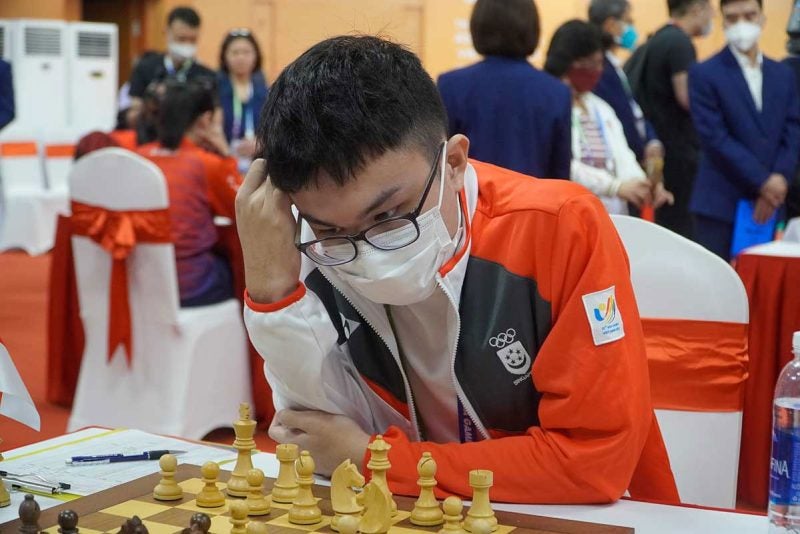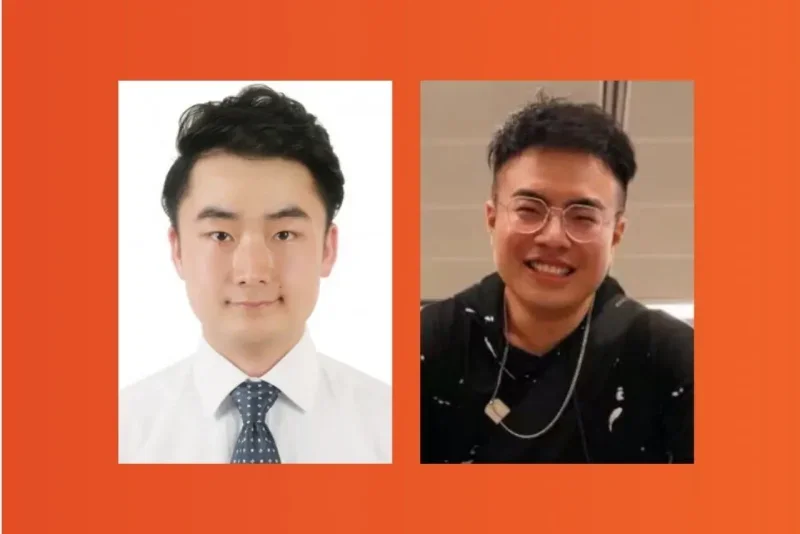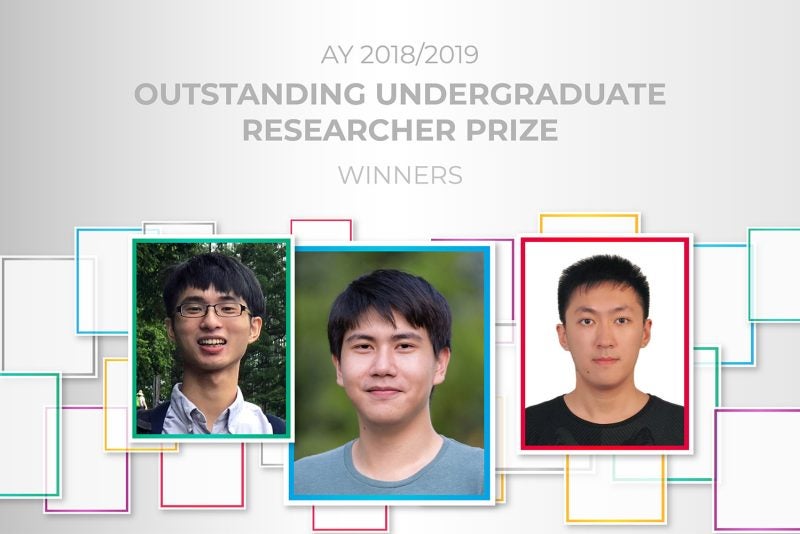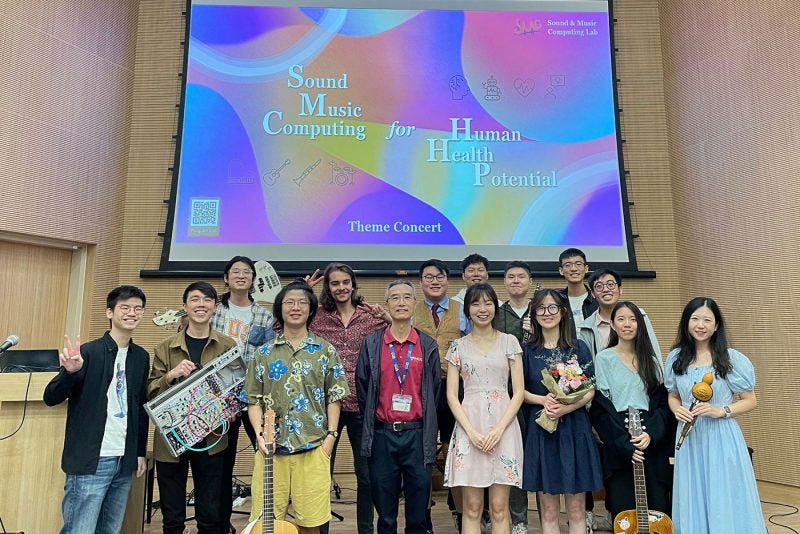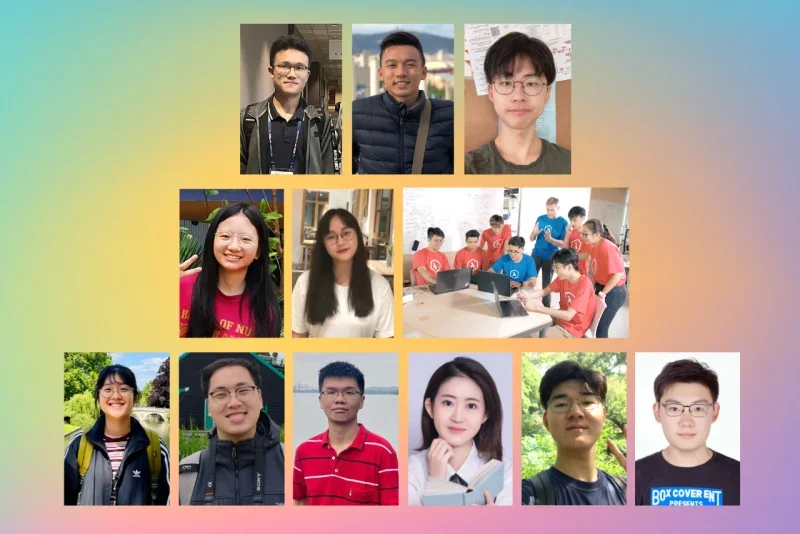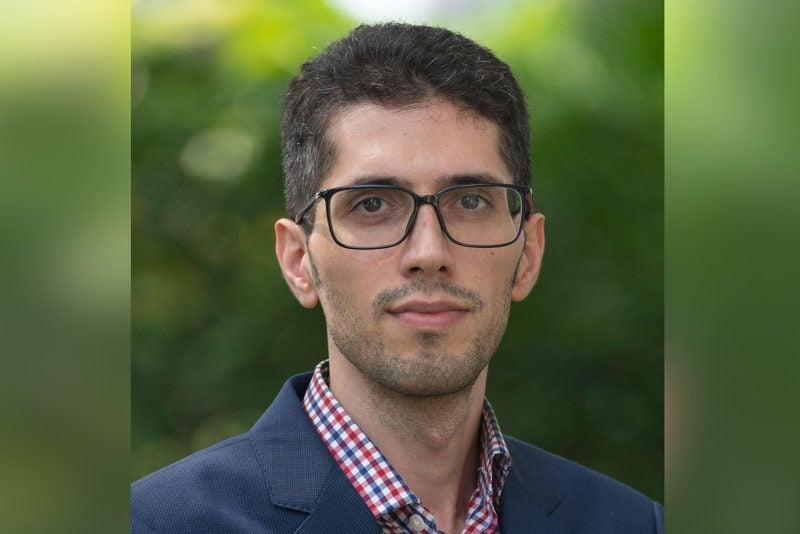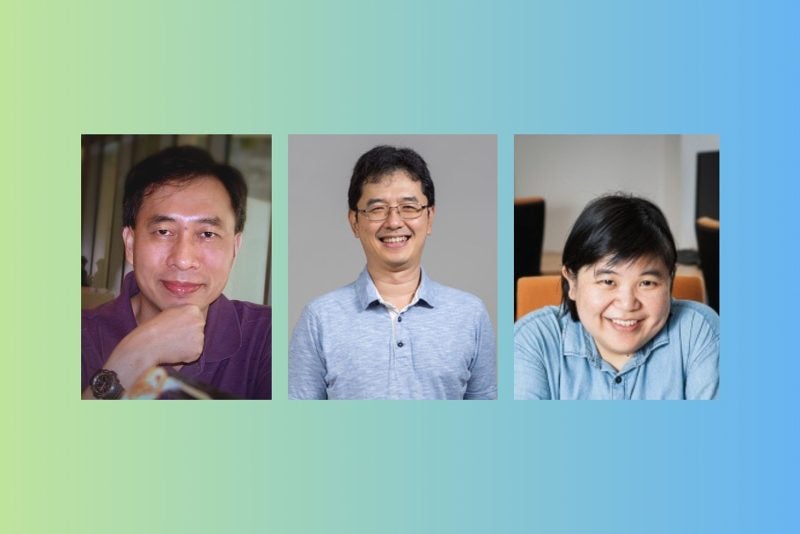7 January 2021 – NUS Computing teams excelled at the recent International Collegiate Programming Contest (ICPC) Jakarta regional contest, held online from 18 to 20 December 2020. NUS teams swept the top three positions at the competition, with Teams MLG, (((i^c)>>2)/p)|c), and 3Sophonomore winning first, second, and third place respectively.
A total of eight NUS teams took part in the contest, six of which ranked in the top ten. The five other teams — Team 7 Halim, Team T0X1C V4P0R, Team WeBareBears, Team spaghetteaM, and Team MSC++ — placed sixth, seventh, tenth, eleventh, and fourteenth respectively.
NUS teams also swept up six out of nine ‘First to Solve’ prizes, with Team (((i^c)>>2)/p)|c) and Team 3Sophonomore being the only teams in the contest to win two ‘First to Solve’ prizes.
“Due to COVID-19, this was the only ICPC Asia Regional contest that our teams could participate in, as many regional contests were cancelled,” said NUS ICPC coach, Dr Steven Halim.
As the winner of the contest and the best performing NUS team, Team MLG will represent the university at the ICPC World Finals 2021.
NUS Computing’s participation in the 2020 ICPC Jakarta regional contest was supported by generous contributions from Indeed, Sea Group, SenseTime, Jump Trading, Citadel Securities, Hudson River Trading, and DRW.
Miracle despite mishap
The contest began on a rough start for Team MLG — due to an administrative mishap, member Zhang Guangxuan (Year 1, Computer Science) could not take part in the contest.
“We got the news only five minutes before the start of the contest. At that moment, we decided to just try our best as a 2-person team,” said member Vuong Hoang Long (Year 2, Computer Science).
The first two hours of the contest were very challenging, said Vuong, as he and teammate Nguyen Dinh Quang Minh (Year 3, Computer Science) were not able to get any first solves, and were trailing behind the leading teams.
Their lucky break came at the 131-minute mark — they successfully solved their sixth problem and leapfrogged to the top of the leaderboard.
“At that moment, we realized we had a good time advantage, and if we did the rest of the contest right, we could win it!” said Vuong.
Team MLG further extended the gap between them and the second-placed team at the 158-minute mark, by solving their seventh problem with just one try.
“However, the lack of one member started to really kick in after that,” said Vuong.
The team fell to second, and then third place at the 184-minute and 193-minute marks respectively.
Thankfully, they managed to climb back up to first place after solving two more problems (J, and K) at the 200-minute and 242-minute mark.
“We were tied with the second-placed team with nine problems solved, but our time penalty was considerably better. Problem K was definitely our ‘winning problem’ as we came up with a solution that had a much shorter implementation and better running time,” said Vuong.
The win means a lot to the team — especially for Vuong and Zhang, as it is their first time winning a ICPC regional contest.
“Our target for the World Finals 2021 is to get a good result and hopefully, win the first ICPC World Finals medal for NUS,” said Vuong.
Teamwork makes the dream work
According to Team (((i^c)>>2)/p)|c), good team coordination was key to their success at the contest.
“Each member of our team has certain specific things that we are good at, so we could ‘attack’ multiple problems at once. There were quite a few problems where we came to the answer by discussing the solution with each other, rather than just having one person solving,” said member Clarence Chew Xuan Da (Year 1, Mathematics, Faculty of Science).
This strategy worked well, and helped them solve problem ‘K’, which only one other team (Team MLG) solved successfully.
It was quite the team effort, said Chew, as he started off by observing the problem and had some theories on how to solve it, but could not figure out the algorithm.
Teammate Rajarshi Basu (Year 1, Computer Science) helped to complete the algorithm and took over the implementation of the problem, managing to solve it in two tries.
Teammate Gabriel Goh Kheng Lin (Year 2, Computer Science) also brought along valuable experience from competing in past ICPC contests, as it was both Chew and Basu’s first time competing.
“It seemed like luck was in our favour, as we weren’t expecting to be one of the top three teams,” said Chew.
COVID-19 safe management measures
A total of eight work zones (one for each NUS team) were set up at Seminar Room 1 (SR1) for the contest.
“To minimise the number of people in the area, only Professor Tan Sun Teck and myself were onsite to oversee the contest training, as well as the contest itself. Everyone was wearing masks at all times, except during meals, which were eaten at the respective work zones,” said Dr Halim.
Onsite trainings were conducted from 15 to 19 December 2020, after the zone restrictions within the NUS Kent Ridge campus were lifted on 6 December.
“We had help from Alan Koh, Director of Administration at NUS Computing, as well as the NUS Office of Safety, Health and Environment, to have our teams compete at SR1,” said Dr Halim.
Prof Tan Sun Teck added: “We want to thank the NUS Computing IT team for helping to set up the contest venue. They had to put in additional effort to set up three cameras per team to meet the contest’s online proctoring requirement.”

